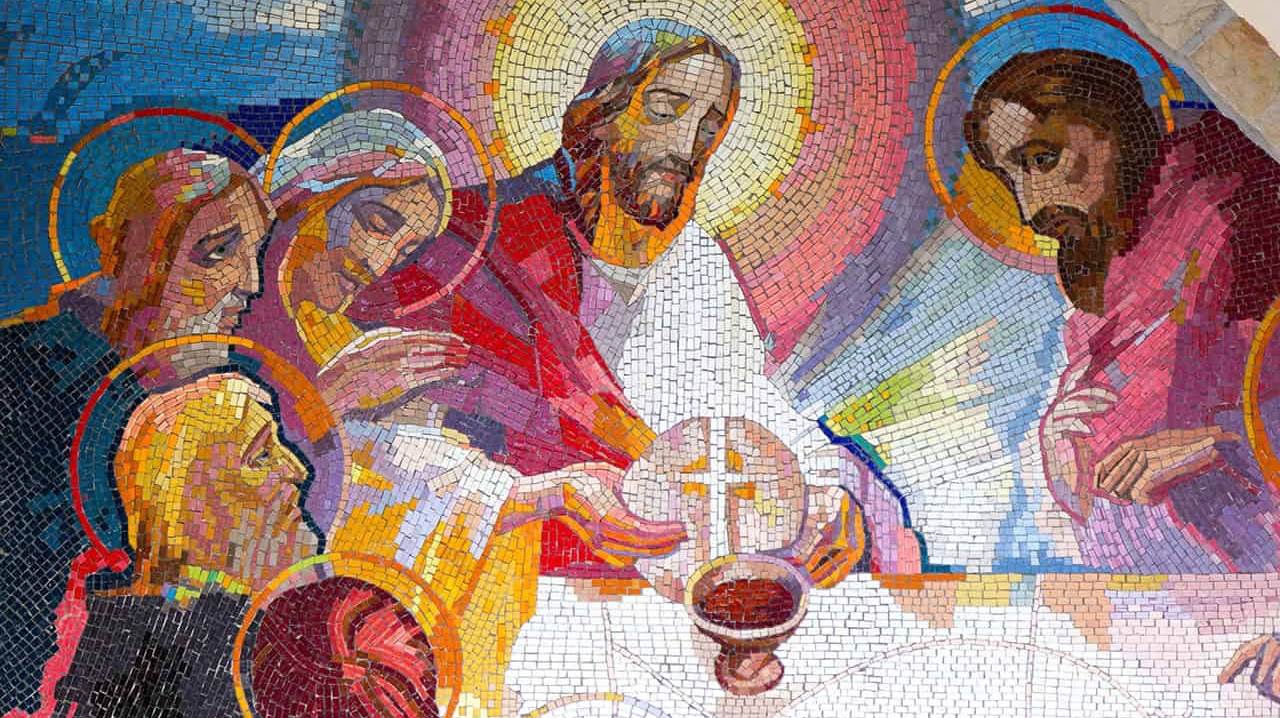 In the Gospel of Matthew (5:17-37), Jesus engages his disciples in a process known as “exegesis” which is an explanation or elucidation of a particular text of scripture. Jesus addresses some of the difficult aspects of Mosaic law: killing, adultery, swearing, and divorce, giving a new and practical dimension to the ancient teaching.
In the Gospel of Matthew (5:17-37), Jesus engages his disciples in a process known as “exegesis” which is an explanation or elucidation of a particular text of scripture. Jesus addresses some of the difficult aspects of Mosaic law: killing, adultery, swearing, and divorce, giving a new and practical dimension to the ancient teaching.
In reality, most people are not going to commit murder or adultery. While divorce is more common now, in the ancient world, it was not. Jesus wants his disciples to know that every person needs to pay attention to God’s law even if it does not explicitly apply to them. As he noted, Jesus came “not to abolish but to fulfill” the law of God.
What does fulfilling God’s law mean? In short, it means asking ourselves the question, how does this particular aspect of God’s command apply to me in my situation? It is not enough for me to say, “I haven’t killed anyone, so I’ve been faithful to the fifth commandment.” Or someone could say, “Since I’m not married and have no intention of getting into a relationship with another person, the sixth commandment doesn’t apply to me.”
Every commandment of God applies to every person. In this passage from Matthew’s Gospel, Jesus expands the notion of what killing, adultery, and swearing really mean in practical terms. In a few weeks, we will begin the season of Lent. In preparation for that season, I encourage each of us to use Matthew 5:17-37 as a kind of examination of conscience with regard to our behavior. Then using the Ten Commandments as our guide (see Exodus 20:1-17), make practical applications to our everyday lives. For example, how do I take the Lord’s name in vain? What does coveting my neighbor’s goods really mean to me? If you want to further the exercise, apply the Ten Commandments to business practices or civil laws. By using our creativity we can see how every law somehow relates back to one of God’s commands.
May this exegetical exercise that Jesus did with his disciples lead us closer to being more faithful to God’s commands and help us to see the close relationship between the ancient world and modern day practice. As Sirach reminds us, “If you choose you can keep the commandments, they will save you; if you trust in God, you too shall live.”






























